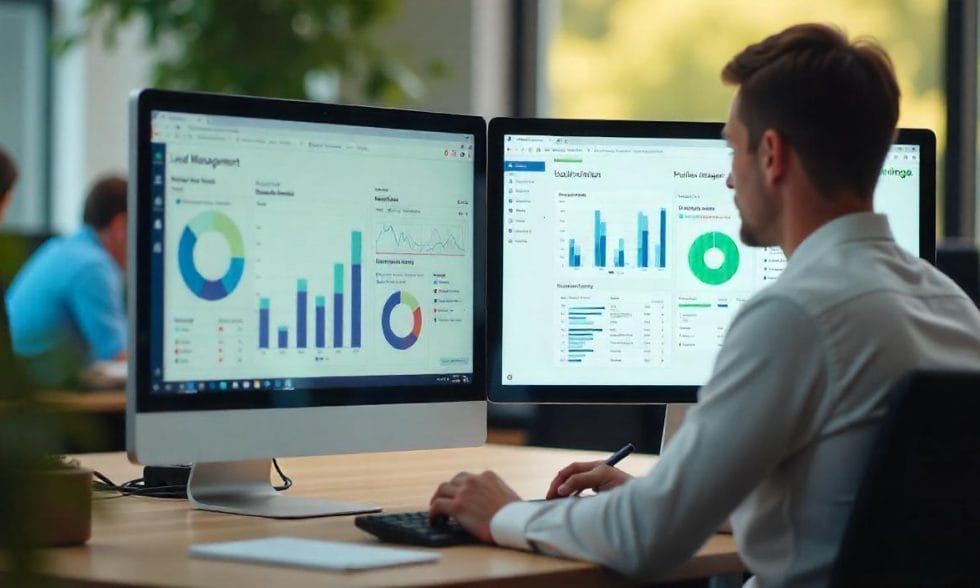CRM Software: Your All-in-One Customer Relationship Manager
In today’s fast-paced business world, managing customer relationships efficiently is more important than ever. Whether you’re a small business owner or part of a large enterprise, keeping track of customer interactions, sales, and support requests can be overwhelming. That’s where CRM (Customer Relationship Management) software comes in.
CRM software is designed to streamline your customer management processes, boost sales, and improve customer satisfaction—all in one centralized platform. But what exactly can CRM software do for your business? Let’s dive in.
What Is CRM Software?
At its core, CRM software helps businesses organize, track, and analyze customer interactions across multiple channels—email, phone, social media, and more. It acts as a digital hub where all customer data is stored, making it easier for teams to access and utilize information effectively.
Key Features of CRM Software:
- Contact Management – Store and organize customer details in one place.
- Sales Tracking – Monitor leads, deals, and sales pipelines.
- Task Automation – Automate follow-ups, reminders, and repetitive tasks.
- Customer Support – Manage support tickets and improve response times.
- Reporting & Analytics – Gain insights into customer behavior and sales performance.
- Integration Capabilities – Sync with email, marketing tools, and other business software.
Why Your Business Needs a CRM
1. Improved Customer Relationships
A CRM system ensures that no customer query falls through the cracks. By tracking past interactions, your team can provide personalized service, increasing customer loyalty.
2. Increased Sales Efficiency
With automated lead tracking and sales forecasting, your sales team can focus on closing deals instead of manual data entry.
3. Better Team Collaboration
CRM software allows multiple departments (sales, marketing, support) to access the same customer data, reducing miscommunication and improving workflow.
4. Data-Driven Decision Making
Analytics tools in CRM platforms help you identify trends, measure performance, and make informed business decisions.
5. Scalability
As your business grows, a CRM system grows with you, adapting to increased customer demands without losing efficiency.
Choosing the Right CRM for Your Business
Not all CRM software is created equal. Here are some factors to consider when selecting the best CRM for your needs:
- Ease of Use – Is the interface user-friendly?
- Customization – Can you tailor it to fit your business processes?
- Integration – Does it work with your existing tools (e.g., email, accounting software)?
- Pricing – Is it within your budget? (Some CRMs offer free or low-cost plans for small businesses.)
- Mobile Access – Can you manage customer relationships on the go?
Popular CRM Options:
- HubSpot CRM (Great for small businesses & startups)
- Salesforce (Ideal for large enterprises)
- Zoho CRM (Affordable with robust features)
- Freshsales (Excellent for sales automation)
Final Thoughts
Investing in a CRM system is one of the best decisions you can make for your business. It saves time, enhances customer relationships, and drives revenue growth. Whether you’re just starting or looking to upgrade your current system, there’s a CRM solution out there for you.
Ready to take your customer management to the next level? Explore different CRM options today and see how they can transform your business operations!
Have you used a CRM before? Share your experience in the comments below!
This blog post is structured to be engaging, informative, and SEO-friendly, ensuring it ranks well while keeping readers hooked. Let me know if you’d like any modifications or additional sections! 🚀 CRM Software: Your All-in-One Customer Relationship Manager.



